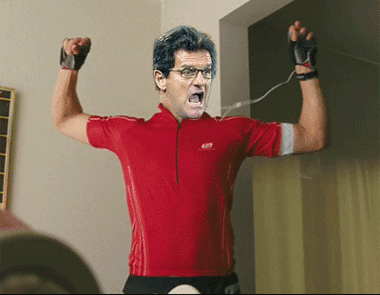Big Niall wrote:not one country was heroic. Ireland (I'll slag mine before yours) set on the fence and would have enjoyed seeing Nazis bitchslap the brits (forgetting Gerry would do the same to us), Russians did a deal to do nothing, Britain did a deal with Stalin (who was as bad as Hitler), USA made as much money (whats new) from it, Germany and Japan were bast*rds to many, the French fought as gallantly as the average Italian etc.
It all stemmed from WW1 which was about Colonies&empires and victors blamed Germans for the whole thing.
Regarding the floods, the american saying the poor couldn't get out as they had no money is amazing - I know American hate the thought of somebody getting something for free but come on, everybody (including homeless, drunks etc) should have been evacuated for free using trains, buses etc. An absolute disgrace, poor guys.
To a large extent that is true.
The Soviet Union had plans stemming back to the Russian revolution to spread communism to Europe, by force if necessary. Stalin probably would have attacked Germany had the Germans been bogged down in France in 1940. Stalin had engaged in a new military build up after the liquidation of the officer class in the great purges and this military build up was offensively orientated, not defensively, and this partly explains Russia's early catastrophe's in Operation Barberossa. The Societ Union siezed Besserabia (now Moldova) from Romania in 1939, made a secret pact with the Nazi's for the division of Eastern Europe in August 1939 which led to them attacking Poland in late September 1939, they then invaded nuetral Finland later on that year, and in early summer 1940, as Hitler was running rampage in Western Europe, the Soviets seized the independent Baltic countries of Latvia, Estonia and Lithuania. All of these mirored Hitler's aggressive policies of the late 1930s, and Britain and France did very little to stop them, aside from a half hearted plan to aid the Finns which never left the drawing board. So Russia hardly covered itself in glory, and late in the war seized much of eastern Poland, eastern Finland, eastern Czechoslovakia and Moldovia. It also placed brutal regimes in Hungary, Poland, Romania, Czechoslovakia and Bulgaria.
The United States is often cast in the heroes role, but if truth be told, there is a fair amount of truth in the theory that Roosevelt was itching for a fight with Japan. America's policy towards Japan from the late 1930s, with economic sanctions and an oil embargo effectively forcing the Japanese hand. The Japanese always had their eyes on Eastern and South Eastern Asia, and had built up its naval and airforces for a possible duel with America, but Roosevelt wanted to nip Japanese power in the bud. He knew that the American public were not keen on entering any war, yet his aggressive policy towards the Japanese were always going to lead to one conclusion.
Some of the smaller countries, such as Greece and Malta did everything they could to fight the Axis. The Maltese held out against considerable odds up to 1943, and the Greeks actually had the Italians on the run until the Germans invaded. By the end of the war, the Greek resistance was so effective that it practically liberated the country itself.






 DEAD RUSSIANS . We'd all be wearing jackboots now .
DEAD RUSSIANS . We'd all be wearing jackboots now . 







